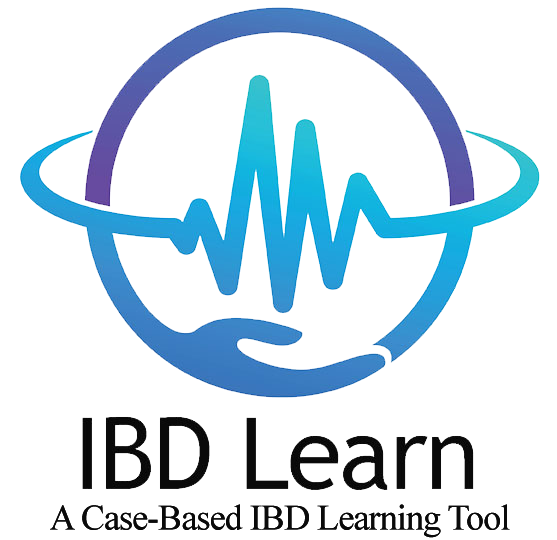Case 17.5
The patient states that he does not know what to eat and what to limit for his ulcerative colitis. Prior to his hospitalization, he was following an unrestricted lacto-vegetarian diet. He was eating fruits, vegetables, and legumes daily. He was afraid of adding any new foods to his diet because of concerns that they would exacerbate his GI symptoms.
Now, he is avoiding oatmeal, most grains, beans, nuts and most fruits/vegetables after receiving instructions by the inpatient dietitian to follow a low fiber diet. He is also restricting dairy as he is following the advice of his prior gastroenterologist and is also not eating gluten, as he read online that avoiding gluten may reduce inflammation and help him feel better. He is avoiding gluten by avoiding all wheat-based products such as wheat bread. He was not aware that barley and rye have gluten and is not reading food labels to identify gluten.
His current foods are only bananas, white bread (gluten free), white rice, eggs and lentils. His primary beverage is cabbage juice, which he adds to each meal as he believes drinking the juice will help decrease inflammation. There are no fruit juices or sodas in his diet. He is drinking five bottles of Boost Glucose Control shake daily due to fear of adding new foods without speaking to the dietitian first. He eats three meals in the day with no snacks in between.
| Meal | Typical Food |
| Breakfast | Two bananas, omelet with three eggs, cabbage juice |
| Lunch | Omelet with three eggs or lentils mixed with rice and flax seeds, peanut chutney, lemon pickle, cabbage juice |
| Dinner | French toast (one slice of white bread with no crust), banana, cabbage juice |
| Snacks | None |
